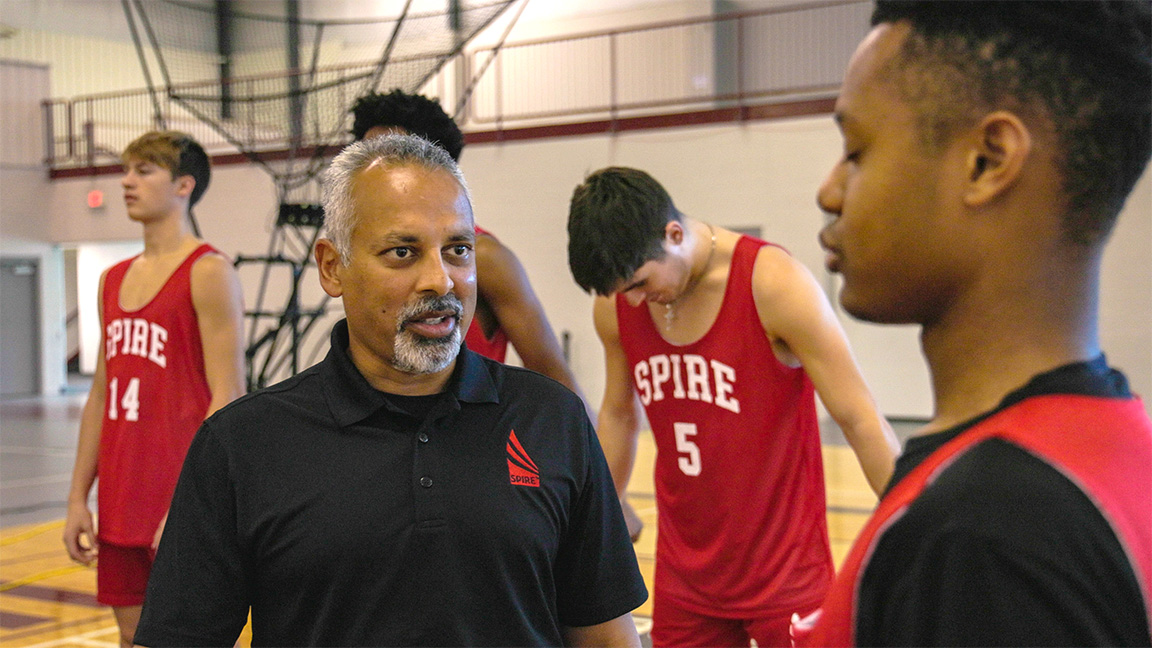
Sam Maniar, Ph.D.
One of the most talked-about incidents at the recent Olympics was Simone Biles and her decision to withdraw due to her mental health. This came on the heels of Naomi Osaka withdrawing from Wimbledon due to her mental health. And prior to that, Michael Phelps and Kevin Love came forward about their challenges with their own mental health.
It seems like this is happening more and more frequently. Athletes’ stress levels appear to be at an all-time high. But why? Here are 10 possible explanations:
So how can an athlete overcome these 10 factors? What can an athlete do to mitigate the stress? Here are 15 things to try that come directly from SPIRE’s mental training curriculum:
Dr. Maniar is the Director of Mental Skills Training at SPIRE Institute & Academy and the founder of the Center for Peak Performance, LLC—a sport psychology and business consulting firm. More information about Dr. Maniar and his work, including his social media handles, can be found on his Linktree.
Discover news, highlights & more
Phone: (440) 466-1002
Email: [email protected]
Address: 5201 SPIRE Circle, Geneva, OH 44041
Two
Three
Four